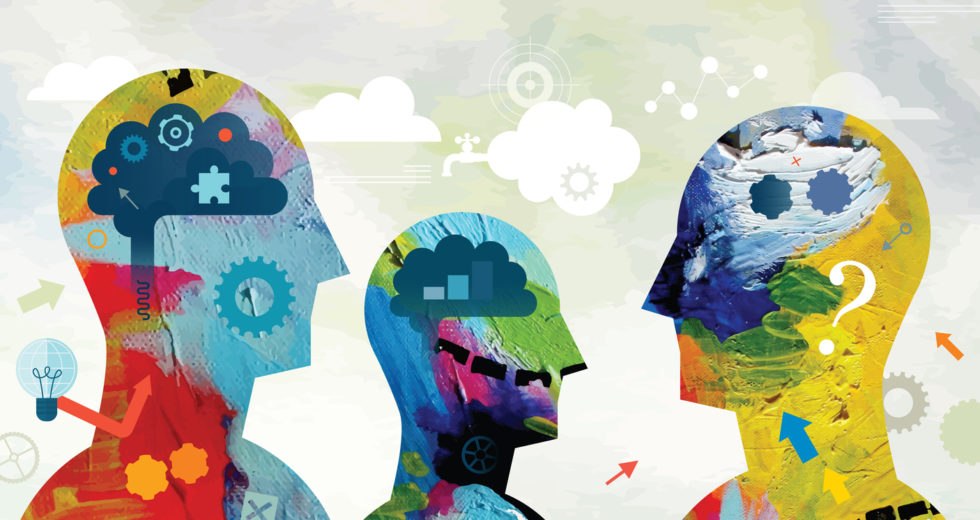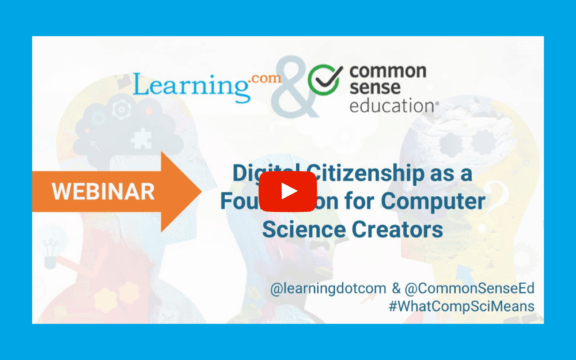Today we celebrate Digital Learning Day (#DLDay), a day sponsored by All4Ed to highlight the digital tools educators use across the country to engage and support students. At Learning.com, we support this effort by ensuring students are provided with the skills, information and knowledge to navigate digital learning.
Whether consuming or creating digital content, we want our students to be responsible digital citizens. Toward this end, Learning.com recently hosted a webinar featuring our education partner Common Sense Education and titled, “Digital Citizenship as a Foundation for Computer Science Creators.”
In the webinar, now available to watch on-demand, our presenters highlighted the key digital literacy skills – including digital citizenship, that students need as a foundation for more advanced computer science topics. With now more than 40 states adopting computer science standards in K-12, computer science education is earning more and more focus.
Celebrate Digital Learning Day by diving into more insights on this topic. Watch the full webinar on-demand.

Abby Daniels
Sr. Marketing Manager
Abby is a passionate communicator who has worked with leaders of education-centered nonprofits and companies for more than 15 years. She delights in bringing people together to promote social change.
Further Reading
Examples of Abstraction in Everyday Life: How Students Already Use Computational Thinking
Computational thinking, though often perceived as a concept limited to technology or coding, is a valuable problem-solving skill that students...
Understanding Abstraction: Everyday Examples and The Role of Abstraction in Computational Thinking
Abstraction is an essential concept in computational thinking and problem solving, but it’s often one of the more challenging aspects to grasp. This...
7 Examples of Algorithms in Everyday Life for Students
For students new to coding, the process of algorithmic thinking can be challenging. Instead of providing an answer to a question—or even showing the...





